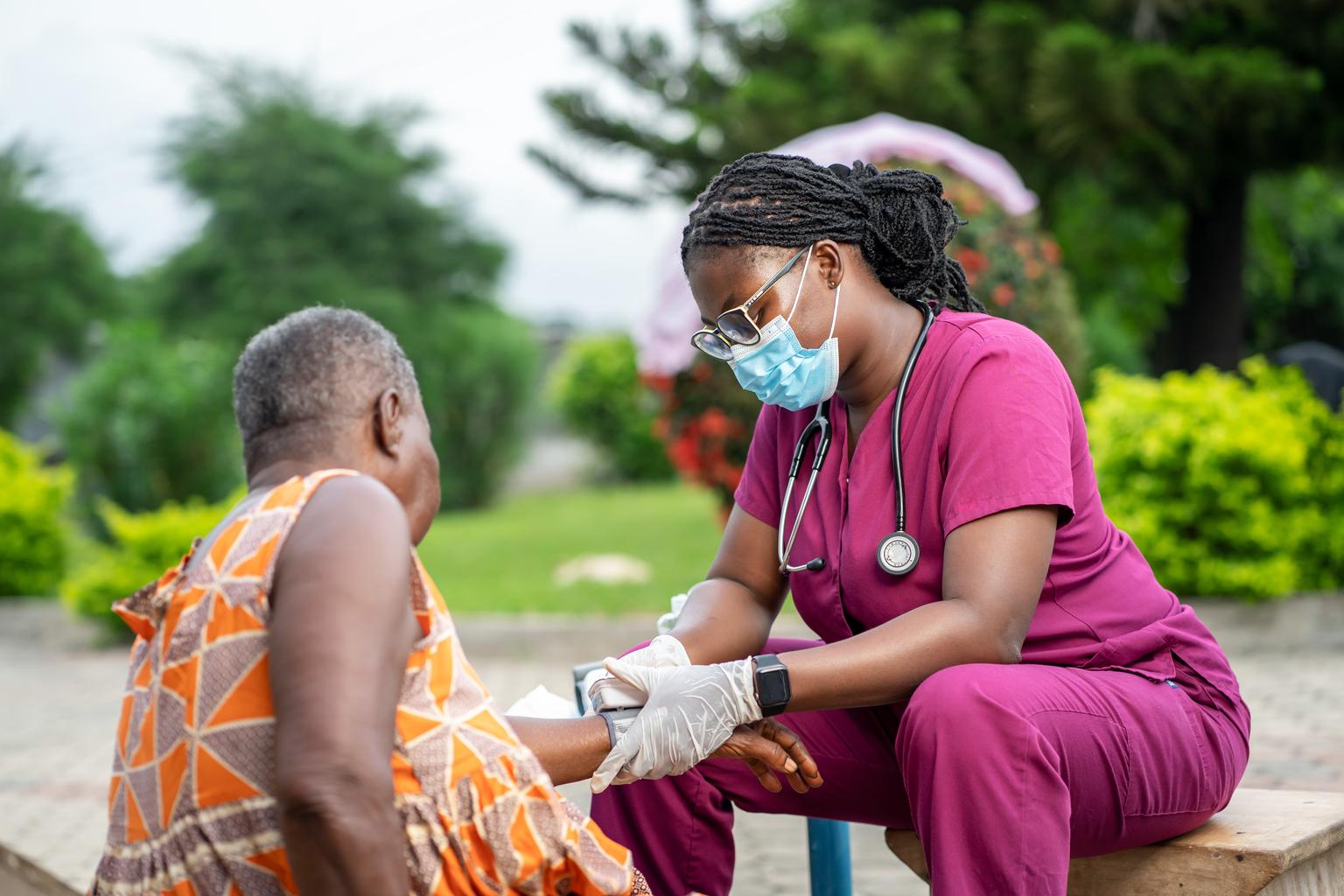According to the most recent National Resident Matching Program® Program Director Survey, 78% of residency directors reported that the personal statement was a factor in selecting applicants for interview; on a scale from 1 to 5, they scored the importance of the personal statement 3.7 on average. (Class ranking was only 70% and 3.9. Think of how hard you worked during medical school.) For certain fields, the essay mattered even more: Nine out of 10 psychiatry program directors said the personal statement was as factor, and on average, they rated it a 4.2.
The problem is that many medical students never learned how to write a personal statement for residency. As a residency admissions adviser, I routinely hear applicants confessing that they don’t even know where to start. One even told me she would rather take the Boards than write a residency personal statement.
From my experience, it seems that part of the problem is that many medical students don’t have a clear appreciation for the purpose of the essay or its structure. Here are some key elements to consider to better understand how to write a personal statement for residency.
What’s your objective?
The goal of your essay is to distinguish yourself (in a positive manner, of course) from other applicants so that you are seen as worthy of a residency slot.
The way to demonstrate your distinctiveness is with substantive examples of your achievements. After all, to the program director (PD) or assistant program director (APD) who is reading your personal statement, you are what you’ve done. In other words, you can say you are kindhearted and a team player or you can show that you have completed 200 hours of volunteer work and that the nurses granted you a “best medical student” award.
The latter approach—showcasing your accomplishments—is a much more persuasive means of demonstrating your worthiness because the reader has the opportunity to judge the value of your experience. When readers use substantive evidence to come to their own conclusions, their determinations are much weightier than if they are told what to think.
What approach should you take?
Because your objective is to use evidence to convince the PD, APD or any faculty reader of your worthiness, your residency personal statement should be persuasive, not narrative.
In general, a persuasive essay has five paragraphs. The first contains an introduction that ends with a thesis statement. The thesis statement is a sentence that makes the main argument of your essay—that you are a worthy candidate—using points you will support in the body of your personal statement. The second, third and fourth paragraphs make up that body, and your last paragraph is the conclusion that summarizes your points. While this outline can be modified, the basic framework for persuasion is critical.
Why not a narrative essay?
While narrative will form one component of your persuasive argument (see below), the reasons mentioned above provide a compelling rationale for avoiding a purely narrative essay. Additionally, one of the problems with medical stories is that even anecdotes about life-changing personal medical crises or family health issues can come off as trite, as the tactic is overused in residency personal statements. Additionally, stories about personal or family medical crises really don’t further a residency candidacy. In other words, the fact that you experienced a terrible situation doesn’t mean you will be a good pediatrician or orthopedist.
Avoiding patient anecdotes is a wise move as well. Since all medical students have patient stories, these narratives can be perceived as overdone and banal, which hurts an essay—and strikes me as contrary to how earnestly most of us experience our patients’ medical crises.
Is this essay going to be boring?
Just because your essay is not primarily narrative doesn’t mean you can’t be interesting.
First, your introduction—before the thesis statement—can include a story. Just make sure that you feature one that is not medical and that showcases qualities that will make you a great specialist—resilience, patience, persistence, even dexterity. Furthermore, your writing should be varied, eloquent and powerful, and what you choose to showcase in your body paragraphs should be compelling.
If done well, a persuasive essay can be inspiring, convincing and enjoyable. Do remember, though, that while it’s good to be unique, medicine remains a conservative profession; don’t risk everything in the name of standing out.
How long should writing your essay take?
Remember that one long weekend you spent cramming for the MCAT? Of course you don’t. That’s because you scheduled your study blocks months in advance of the test, knowing how critical it would be to your future success. The same diligent principles of advance planning apply to your essay.
Don’t expect that your first draft will be ready for prime time. Give yourself ample occasion to make multiple revisions. Solicit feedback from trusted, experienced sources. Don’t be afraid to put the essay aside for several days so you can look it over with fresh eyes, because what sounds brilliant at midnight on your third cup of espresso may appear less impressive several mornings later.
The bottom line: The most important tips for writing your residency personal statement include employing a persuasive framework, avoiding trite anecdotes and focusing on engaging prose. Recognize early that the essay is a significant component of your candidacy that most PDs will use in deciding whether to interview you. Plan ahead by putting in the time to make it excellent. Following these simple but important guidelines will ensure that you produce an essay that is compelling and convincing, opening the doors to opportunity.





